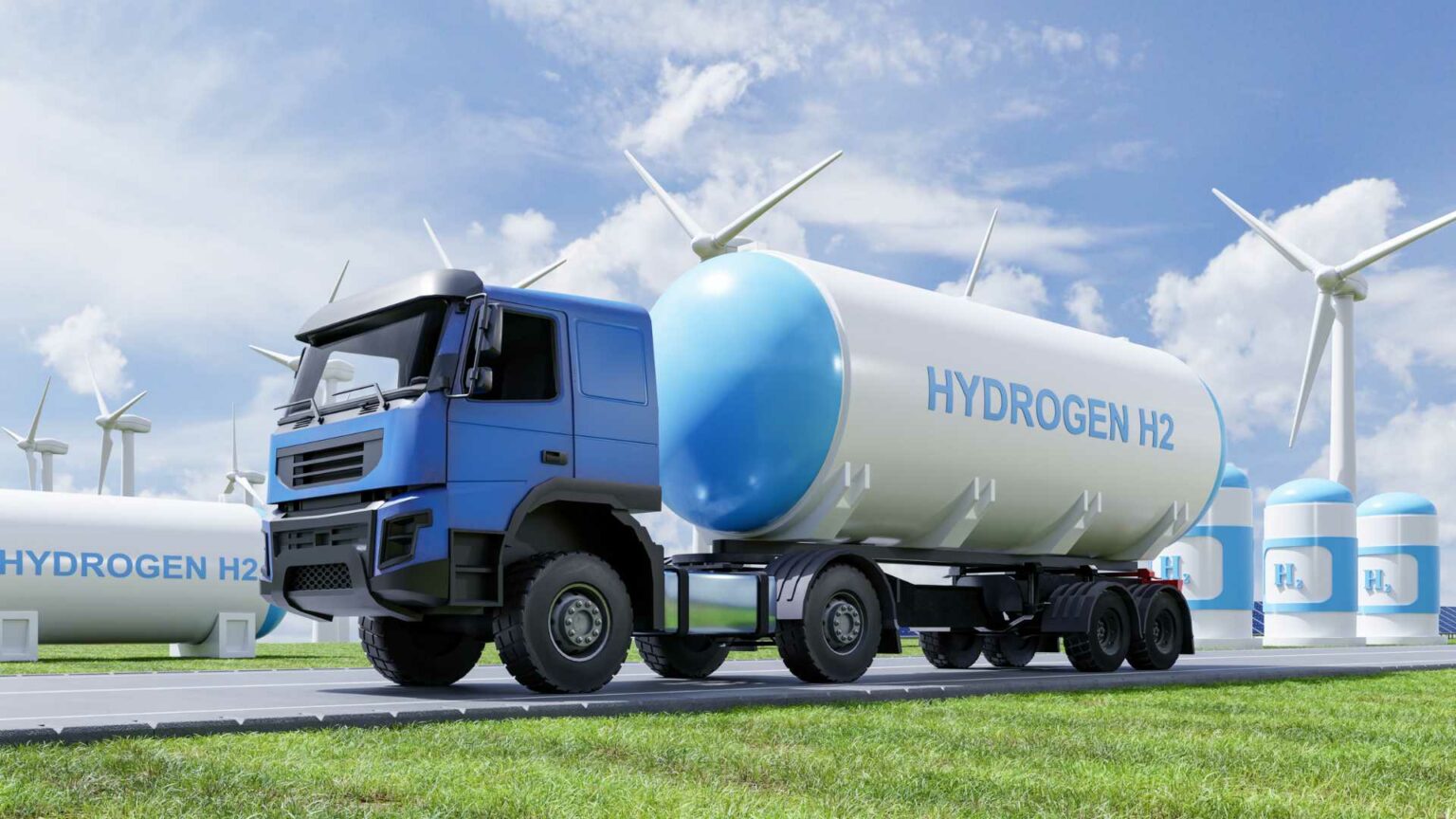International Council on Clean Transportation (ICCT) forecasts that the cost of owning and operating heavy-duty fuel cell trucks will outpace their diesel counterparts by 2030.
This groundbreaking insight is part of the ICCT’s comprehensive analysis of the Total Cost of Ownership (TCO) for various powertrains, including traditional diesel engines, hydrogen combustion engines, fuel cells, and rechargeable batteries.
The primary goal of the ICCT’s study is to illuminate the economic landscape of heavy goods vehicle fleets’ decarbonization. By assessing TCO, the report provides valuable insights into the potential competitiveness of different powertrains, urging a shift toward sustainable options beyond environmental considerations.
Anticipating a reduction in hydrogen prices by 2030-2040, the report suggests that fuel cell trucks will achieve TCO parity with diesel counterparts by 2030 for medium-duty and urban models and by 2035 for long-distance heavy goods vehicles. Interestingly, trucks equipped with hydrogen combustion engines are projected to remain costlier, extending beyond 2040. Battery electric vehicles (BEVs) are highlighted as the more cost-effective option, at least until 2040.
While the study establishes the medium-term demise of fossil fuels in road transport, it emphasizes that economic factors will play a pivotal role in the transition. The TCO analysis provides a compelling argument for abandoning diesel, but the study anticipates a gradual shift toward fuel cell models due to competition from more economically viable battery electric vehicles.
As the study underscores the evolving landscape of heavy-duty trucking, industry players are faced with critical decisions. While the economic advantage of fuel cell trucks is on the horizon, battery electric vehicles continue to dominate the scene, presenting a compelling case for the industry’s future.
